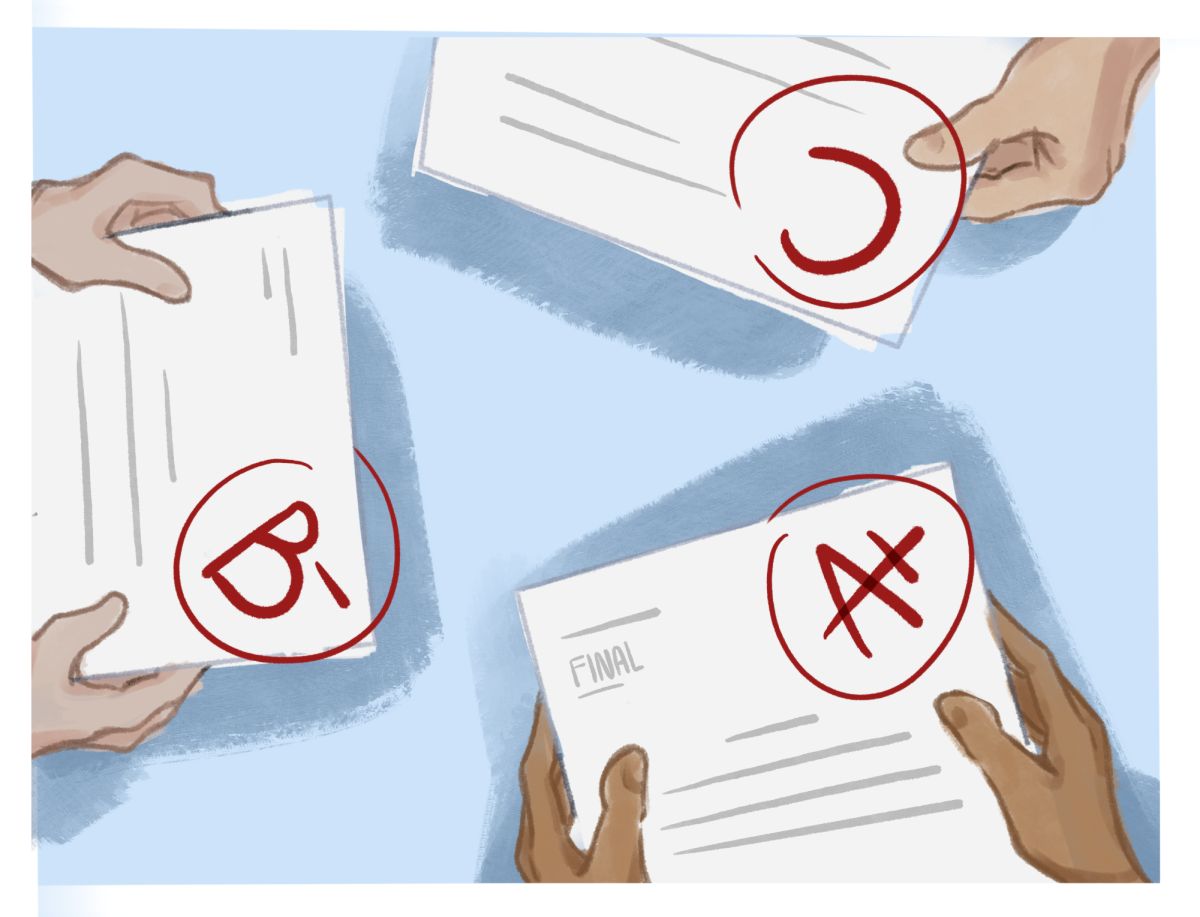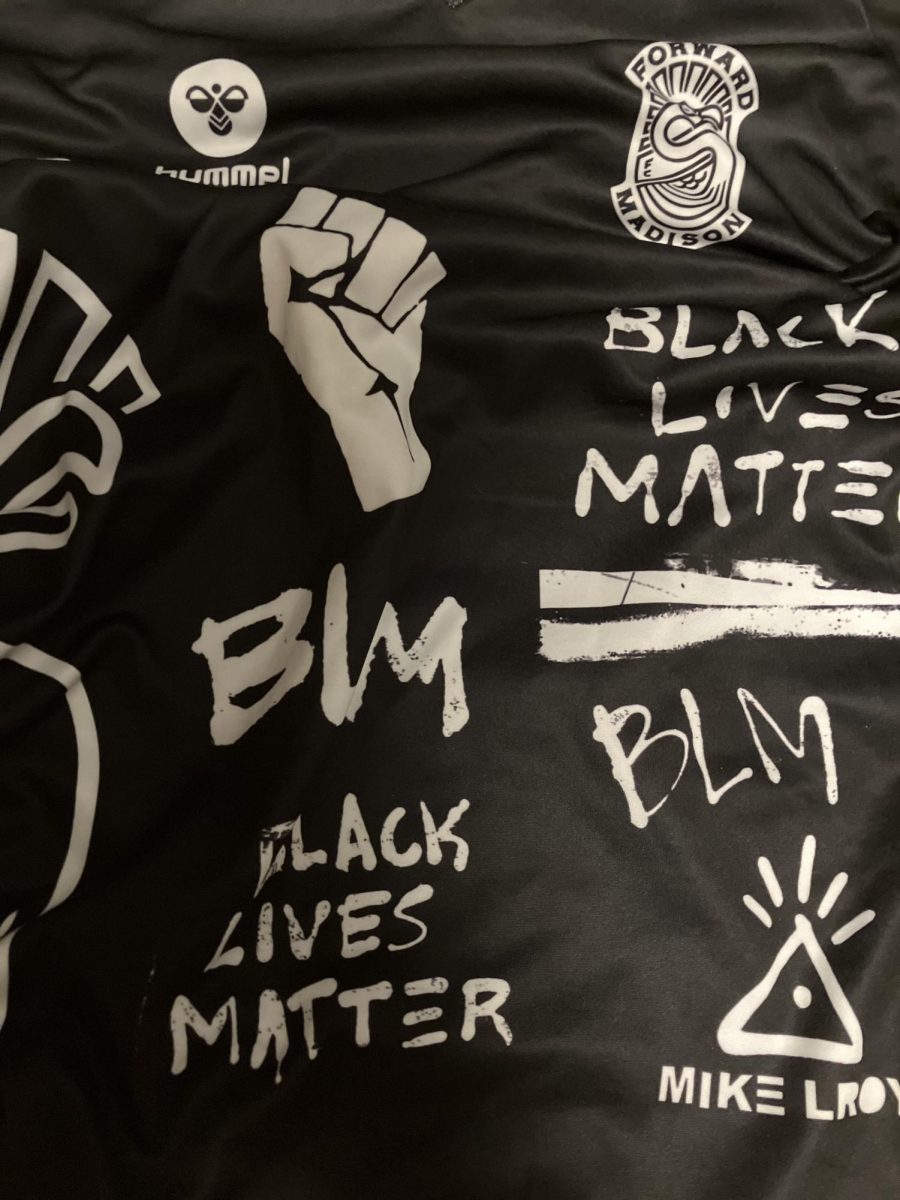When Chloe Kim, a 17 year old American snowboarder, dominated competition in the halfpipe at the recent Pyeongchang olympics, I sat on my couch proud and inspired. I have very little in common other than age and home country, but felt connected through a sense of patriotism nonetheless. Nationalism has a profound influence on sports and regardless of our sports upbringings, we all play a part in this deep rooted association.
The film Icarus talks about the recent Russian doping scandal that came to light after the Sochi Olympics. It says that Vladimir Putin used the doping and success in the Olympics to bolster more national support and then months later invaded Crimea. He used sports to unify Russia and took advantage of that support for more political confidence.
Historically, the national anthem was not always been sung at sporting events, but in efforts to promote unity during World War I and after 9/11, the US introduced the singing of the national anthem. While flyovers and parachuting people can be really cool, they are not an athletic staple and further tie sports with war and a sense of nationalism.
Also, sports originated as a way for boys and men to stay in shape for war when they weren’t fighting in the ancient world. So, sports have changed form a lot, but this connection between war and national unity remains.
Currently, there has been more nationalism growing throughout the world. We have talked a lot about whether or not Colin Kaepernick’s national anthem protests were “anti American” and why we even sing the national anthem before sporting events in the first place.
In preparing for a spring full of exciting sports including the Winter Olympics, March Madness, The World Cup, and more major sports events, I have thought about what it means to be a part of a fan base. Within college sports, there is not really any political impact, but we still give the NCAA more power to exploit athletes and carry out various corruptive actions. By paying to attend games and buying apparel, we are funding the institutions that have not recently been up to standards.
I personally have such a deep emotional connection to the college football national championship and March Madness every year that I almost took personal offense to many of the allegations that have surfaced over the last couple of years. I have been aware, for a few years now, that college athletes get paid, but the corruption within the NCAA caused me to question my role as a die hard Michigan Wolverines fan and to consider what, if anything, I contribute to the problem. I don’t ask anyone to stop cheering or supporting the teams we love, because I won’t stop cheering for the teams I love any time soon. I do ask, however, that we stay aware of the power we have as spectators.
We need to be aware of the sheer power that sports have. As mentioned in my previous column, there are various awful things going on in American sports, and there are also great things going on. I urge you to think about what makes you a fan of the teams you root for, what effect that fan base has on you, and what your role in being a fan is. Enjoy the miraculous moments in sports, but stay aware of the power and responsibility that you have. When you hear the national anthem before every sporting event, think about your opinions and how you play a part in influencing the country and your favorite teams for good and for bad.







